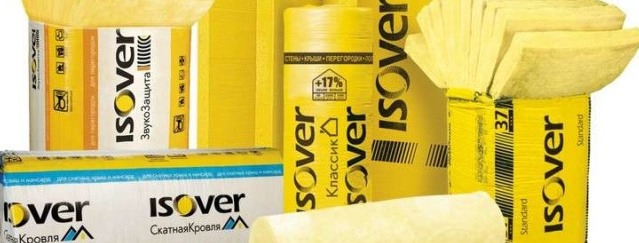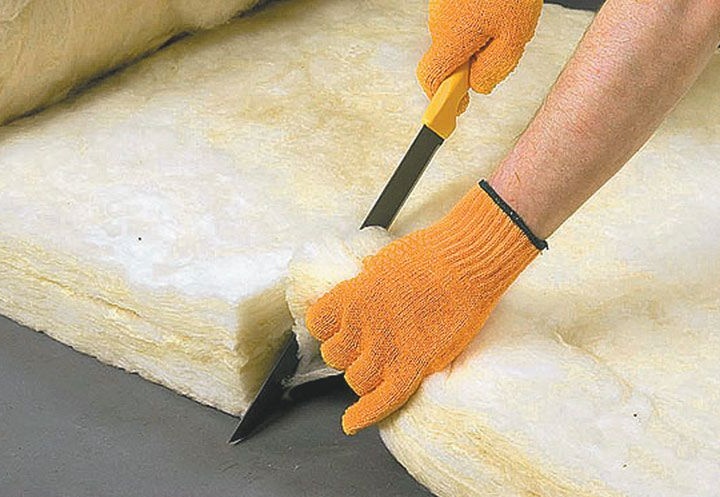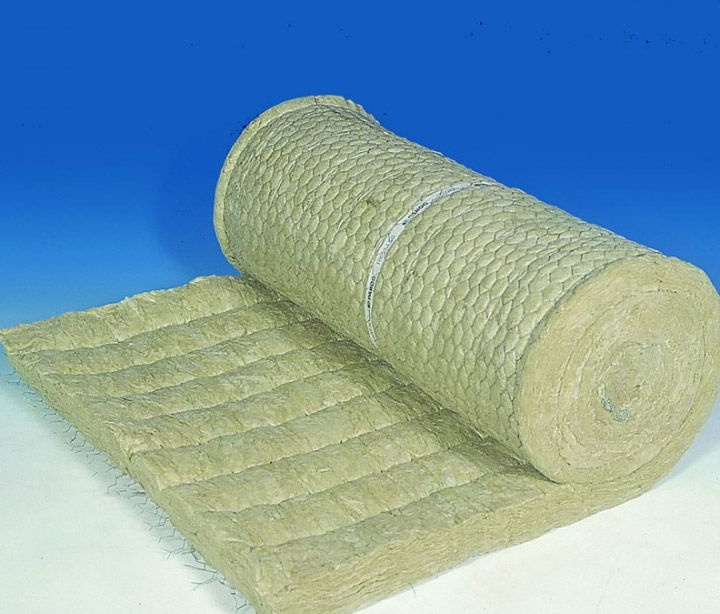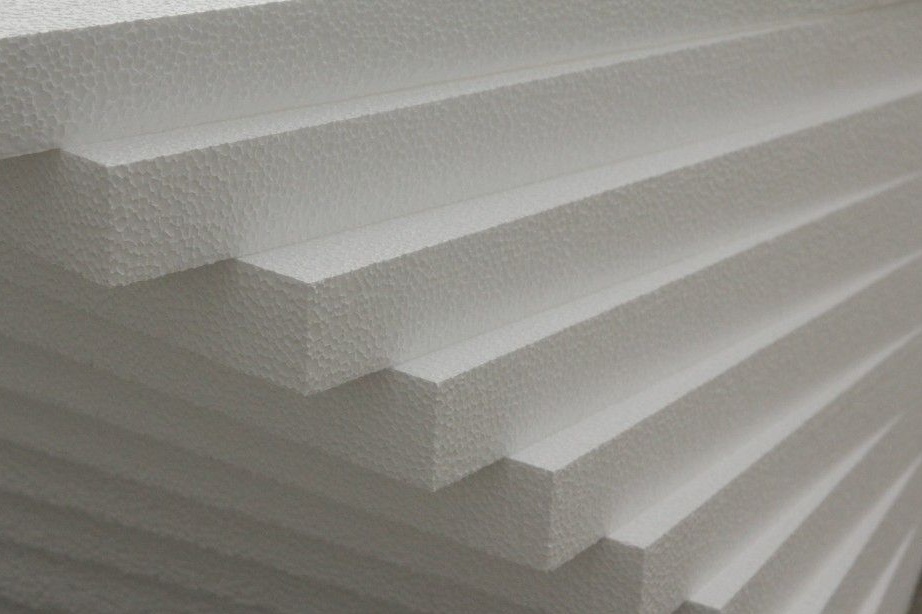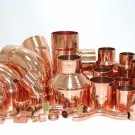Thermal insulation materials: types, photos and descriptions
Good thermal insulation is not possible without reliable and practical material. To be considered high-quality, the insulation must meet the following condition: its thermal conductivity must be less than or equal to 0.1 watts per cubic meter. Depending on the feedstock, there are various insulation materials that correspond to a specific place of use, type of installation and operating rules:
- fiberglass;
- basalt mineral wool;
- polystyrene foam;
- bung;
- insulating film;
- cellulose fiber.
The most famous and sought after are, without a doubt: fiberglass, mineral wool, polystyrene foam.
Fiberglass
Fiberglass is made from dolomite, quartz sand, limestone and glass waste. The mixture is melted in special furnaces, after which it passes through special nozzles that convert the molten mass into fibers, from where it enters the conveyor. The procedure is similar to producing cotton candy. The conveyor speed determines the density and thickness of the resulting insulating material. The final product comes in the form of tiles and mats (mattresses). For more convenient, as well as high-quality transportation and storage, the mattresses are compressed and packaged in plastic wrap. Both mats and tiles can be equipped with kraft paper or aluminum foil to prevent the accumulation of dust in the structure of the material. Fiberglass is used for:
- external and internal walls of wood or metal;
- ventilated facades, regardless of the type of media;
- multi-story frame made of wood, metal or concrete;
- pitched roofs and attics;
- terraces.
Basalt mineral wool
Basalt mineral wool is based on basalt rocks, slag and coke. Production and processing are similar to the production of glass wool, using the same binders that give the final product a brownish green tint. It is delivered as a mattress or in the form of sheets measuring 5 x 100 centimeters. Basalt wool sheets are shorter and more fragmented than fiberglass, resulting in higher density. Basalt wool products can be ordered with or without aluminum foil. Such insulating material is best used for:
- exterior and interior walls of wood and metal;
- ventilated facades;
- thermal systems;
- floor floors;
- pitched roofs and attics;
- terraces.
Expanded polystyrene
Styrofoam. This type of insulation is obtained by processing polystyrene balls. The swelling and bonding of these granules occurs under the influence of vacuum and high temperature. Depending on the product, the space between the granules is filled with air. It is delivered by plates of 50x100 centimeters, various thickness. Polystyrene is best used for:
- exterior and interior walls of wood and metal;
- thermal systems;
- floor floors;
- high-rise buildings, regardless of their structure;
- terraces.

